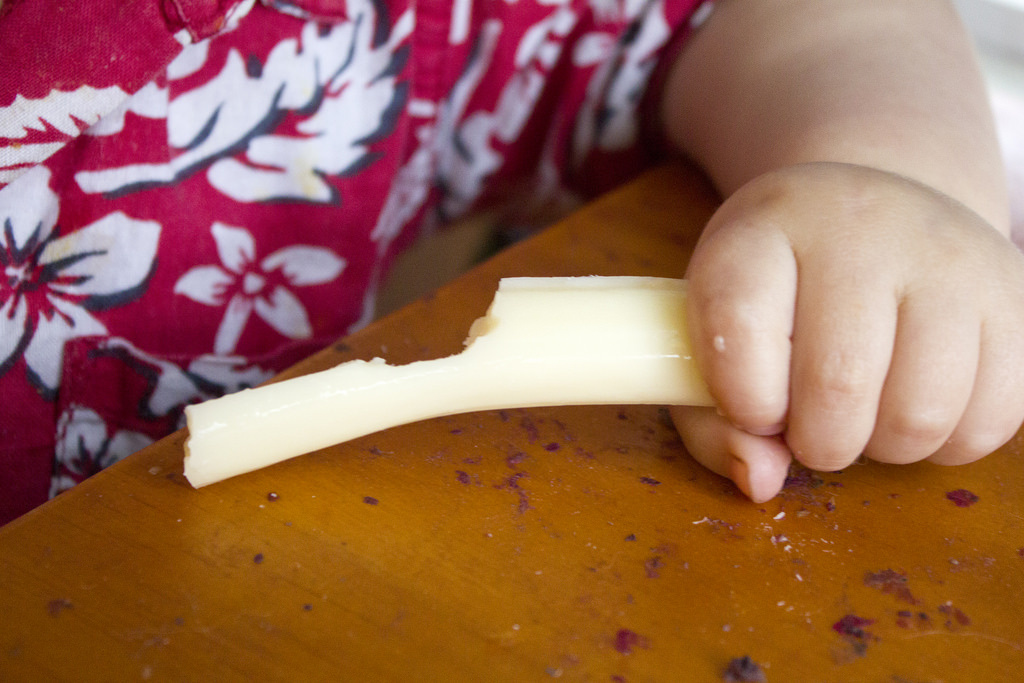Dairy Crisis Averted: Advertising Group Weighs In On String Cheese War
Lactalis American Group — the company behind cheese brands like President and Sorrento — had challenged advertising claims made by its competitor, Saputo Cheese, USA. Lactalis had an issue with a claims made on product packaging and online for a few Saputo products.
NAD looked at claims including: “Low-Moisture, Part-Skim Mozzarella Cheese”; “Light Low-Moisture, Part-Skim Mozzarella Cheese”; and “Naturally Nutritious.”
Lactalis argued that Saputo’s products contain artificial phosphate and fillers, which are a no-no under the Food and Drug Administration’s standard of identity for “low-moisture part-skim mozzarella cheese,” and said the labels misled consumers as to the real makeup of those products. Lactalis also had a beef with the “Natural” characterization of Saputo’s products, because they include phosphate and fillers.
But Saputo responded by saying that phosphorus is a nutritious, healthy mineral that can be found naturally in any cheese. The levels of phosphorous in its products were within the range of levels across many varieties of cheese — low-moisture, part-skim mozzarella included. In addition, Saputo argued, its products are naturally produced and don’t contain artificial ingredients.
NAD sided with Saputo, saying it had basis to make its advertising claims. It noted in its decision that it “accords great weight to FDA regulations and seeks to harmonize its efforts with those of the regulatory world.” To that end, the FDA defines low-moisture, part-skim mozzarella cheese as having between 30% and 45% milkfat content, a range that Saputo’s products undisputedly fall into.
The NAD doesn’t have the power to determine whether a product is misbranded, however, as that’s something the FDA decides. But in reviewing the product packaging claims, NAD determined that consumers could reasonably understand the claim, “low-moisture, part-skim” mozzarella to mean that the string cheese product purchased is, in fact, “low-moisture, part-skim.”
On the “Naturally Nutritious” front, Lactalis had argued that the presence of phosphorous in the product should bar Saputo from using that language. NAD disagreed again, noting that the FDA has said it will maintain its policy regarding the use of “natural,” as meaning that nothing artificial or synthetic has been added to a food that would not normally be expected to be found in that food. There’s also no evidence to conclude that consumers have any expectations regarding the presence of phosphorus in a product or not.
Saputo said in a statement that the company “supports NAD’s self-regulatory process and is grateful for the significant time and effort NAD and its staff took to consider this matter.”
Want more consumer news? Visit our parent organization, Consumer Reports, for the latest on scams, recalls, and other consumer issues.


